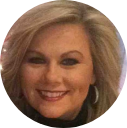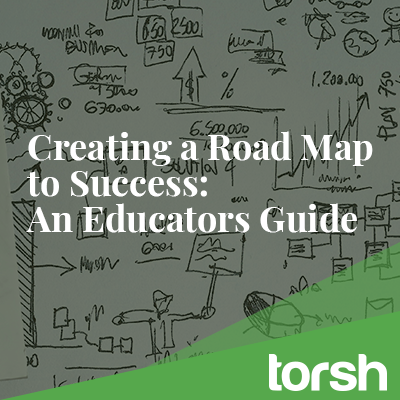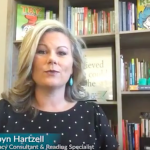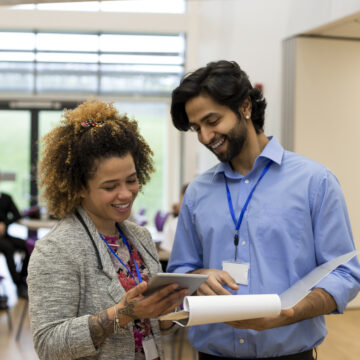Any educator who has spent time writing curriculum or studying lesson design understands the importance of keeping the end in mind. We are taught to
- Determine the outcome,
- Decide how we will measure the outcome,
- Plan how to achieve the outcome.
When we want to support learning of any kind, it is important to think big and work small. Know the big vision, but break into small, manageable steps that can be put into action. It seems simple, but in curriculum and in life, we can often lose track of that end vision and get tangled in the weeds of the day-to-day tasks and activities. When that happens, our motivation to move forward tends to wane because we no longer see the progress that our small steps are making. To help teachers create and stay focused on their goals, coaches can use this series of strategic questions to help co-create a plan of action.
WHERE are we headed?
What do you want to achieve?
What is your goal?
What do you want to be different?
When coming up with a goal, I like to have the teacher create an “I will” statement or “I am” so that it is written as if it is already happening or at least future-focused. The statement should also be framed in the positive. If the teacher describes what they don’t want, ask what they do want instead. The “I will” part is also important because it makes the goal something that is within their locus of control and asserts their role in attaining the goal. A statement such as “I want my class to be more responsive” might be rephrased as “I will use strategies that promote more response.”
HOW will we know when we’re there?
How will you know when you are successful at _____? What will you see?
What will you hear?
What will your day be like?
What will you feel?
This line of questioning helps to increase motivation for the goal and create a clear vision of success. I like to write these descriptions down in a grid that becomes a quick glance sheet of progress markers along the road to meeting the goal. I’ve had clients post the grid and put checkmarks or highlight boxes when they see these things happening. Reviewing these markers of success on a regular basis can do a world of good in helping teachers see how small steps can lead to big changes.
WHY are we going here?
What will be different for you when you achieve this? Why is it important to achieve ___?
What values of yours would meeting this goal support?
If a person doesn’t see relevance in making a change, then it likely won’t happen. Sometimes, the first two sets of questions may have been pre-determined by an administrator, but for teachers to succeed at their own goals or those set for them, they must see the relevance of them. Sometimes the importance may be that they will keep their job, but we want to try to dig deeper. These questions can help create a larger context and purpose for the goal.
WHAT do we need to get there?
What will you need to know in order to achieve this? What will you need to be able to do to achieve this? What character strengths or traits will best serve you in being able to achieve this?
This is where the fun part begins. These questions get to the specifics of what kind of learning or change will need to occur for the teacher to meet the goal. Have teachers brainstorm their answers to these questions and write them down. This will give the coach great insight into what kind of coaching may be needed. If there is a lot of knowledge that is needed, the coach may need to take on more of a mentoring role. If working on skills (what they need to be able to do), the coach may rely on more instructional coaching strategies such as doing demonstration lessons. When teachers want to work on building character traits needed to achieve the goal, the coach may become more of a facilitator of thinking and focus on having conversations with lots of reflective questioning.
Once coaches have talked through this process with the teacher, a clear plan will be visible. The next step is to begin. Ask teachers where they think the best place to start would be. Remember, we are working with fully, capable adults. Let them drive the growth. They know themselves best and will know the place where they feel will most impact their ability to meet the goal. This direction is what will determine the learning plan (aka coaching activities) we will engage in to support them in their journey of success.

Robyn Hartzell has served in education since 1998 and has experience in a variety of roles: teacher, instructional coach, interventionist, trainer, consultant, and program coordinator at the campus and regional levels. Currently, she works as an independent consultant and coach promoting effective instructional and leadership practices and championing the need for quality professional learning. Robyn takes privilege in coaching professionals in their craft and is passionate about helping organizations develop leaders who make a lasting, positive impact on the programs and people they serve.
Be sure to follow Robyn on Twitter @robynhartzellpd and check out her website at www.hartzellpd.com




